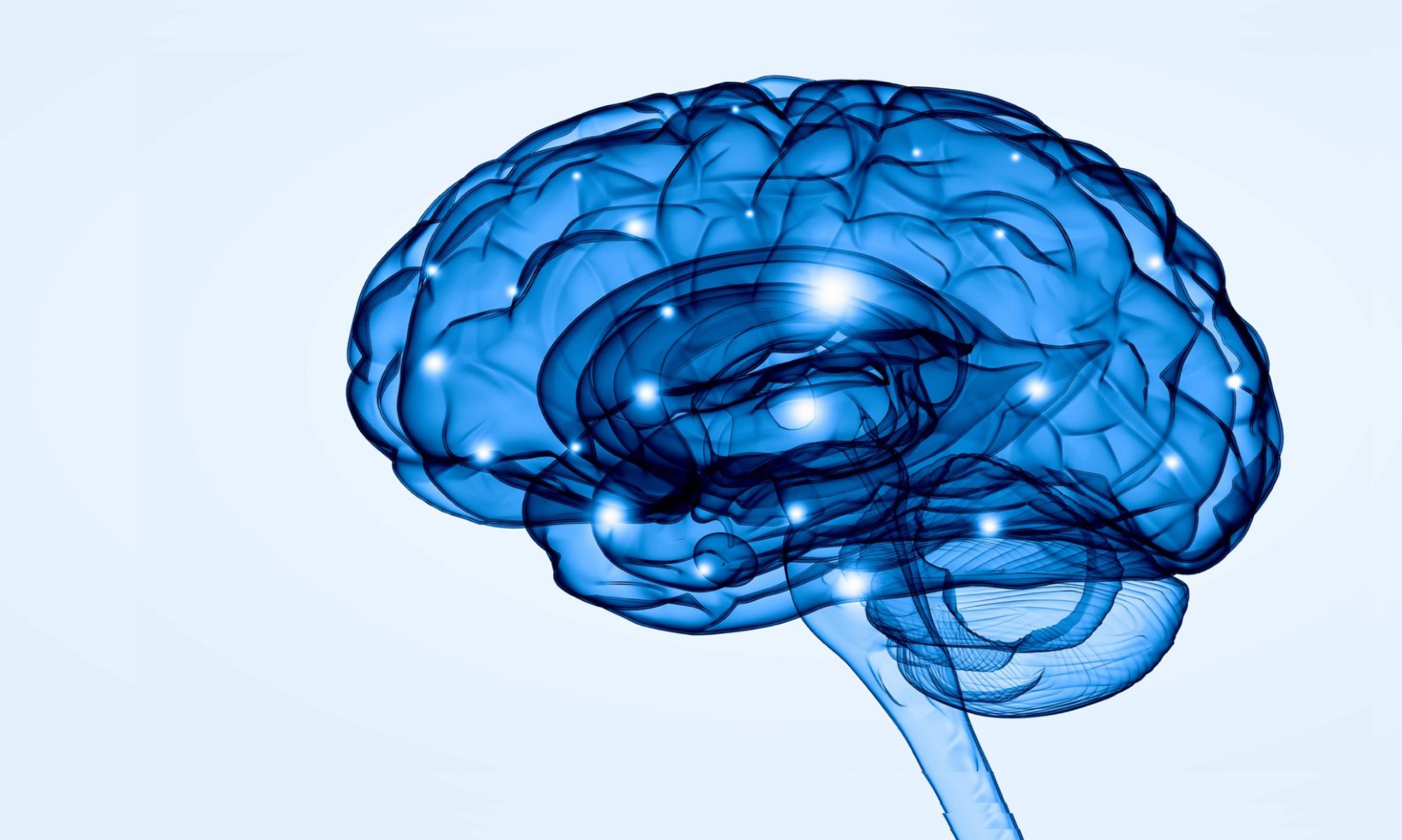Dr. West at ICCM 2019


Meta-data and Meta-knowledge
Watch Brendan’s Colloquium presentation
https://carleton.ca/ics/ics-colloquium-clarifying-metacognition-through-computational-modeling/
Brendan’s Masters’ thesis:

Click to read thesis: ‘Clarifying Metacognition’
This thesis presents a novel method of modelling metacognition computationally.
Metacognition is described as cognition acting on itself, and can improve memory, reasoning, emotional regulation, and motor skills. How it does this remains unclear. The two major barriers are: its high abstraction and disputed terminology.
To overcome these barriers this thesis employs a computational cognitive architecture to define the base units of cognition, and how they come to act on themselves. Well-defined computational units are built upon to form increasing complex metacognitive processes. These computational forms of metacognition are then connected to the research literature and built into working models in ACT-R.
The intention of this thesis is to help clarify the nature of metacognition and its underlying mechanisms.
New Logo!
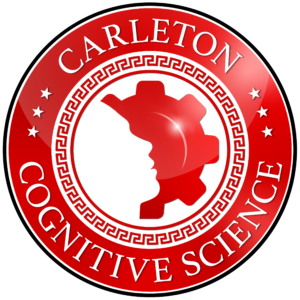

4 Button Expert DEMO Makes Its Google Store Debut
The lab is pleased to announce that the 4 Button Expert DEMO has made its Google Store debut.
Elisabeth M. Reid
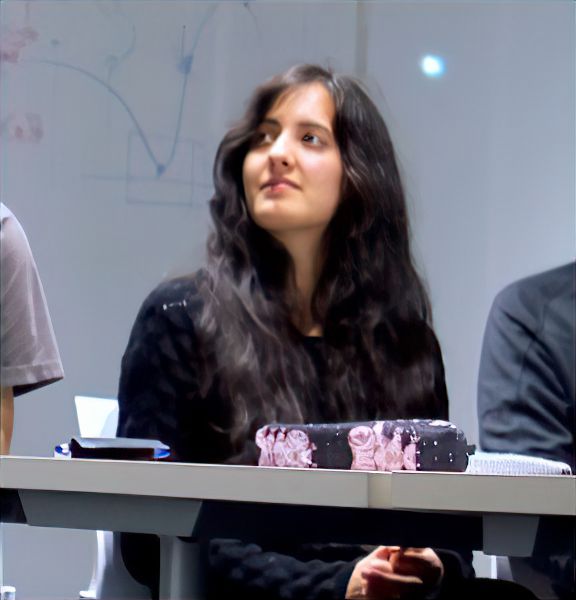
Elisabeth is a researcher who holds a Master of Cognitive Science graduate at Carleton University.
Her research interests include:
AI
Cognitive modeling
SGOMS
ACT-R
elisabethwood@cmail.carleton.ca
https://github.com/EliReid
Spring Conference
The Spring Conference was a great success! It was a fantastic experience helping to organize the event, along with presenting my work in a 15 minute lecture to faculty and colleagues.
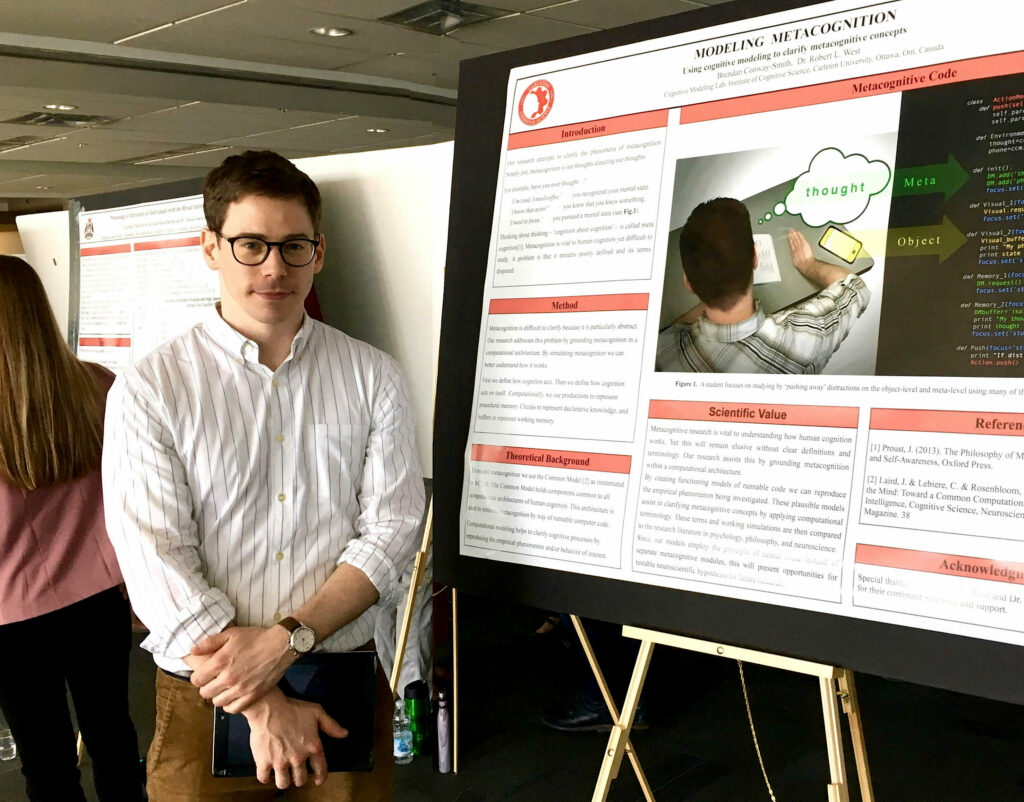
Thesis Proposal is Go!
![]()
Thesis prospectus approved!
Metacognitive Modeling now has the green light.
I propose to synthesize the literature on metacognition, and connect it to the cognitive ‘Common Model’ :
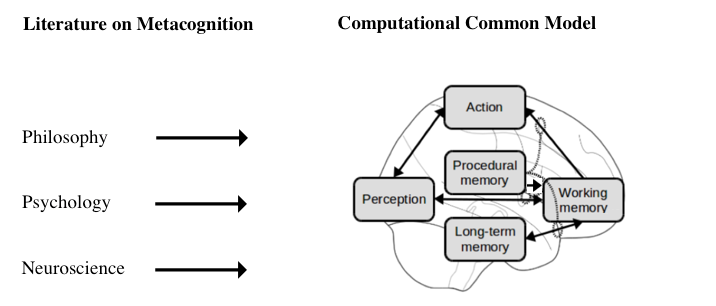
Really, metacognition is just “thinking about thinking.” It’s part of daily life, when we ask ourselves “Did I forget anything? Did I understand that?” Have you ever noticed a thought or emotion? That’s meta. It’s ordinary.
Metacognition also allows for higher thinking. It’s the number one predictor of learning and an indicator of business success. Hey, science itself is metacognitive. Directing our thoughts is how we uncover the secrets of the universe.
Now we’re trying to understand how. How does the mind understand itself? How can we benefit?
The problem is that it’s abstract. Metacognition remains a lonely mountain peak shrouded in fog. Yet we can shine a light onto it with cognitive modeling. This is how I aim to help research on metacognition, in a way not yet done – metacognitive modeling.
– – – – – – – – – – – – – – – – –
